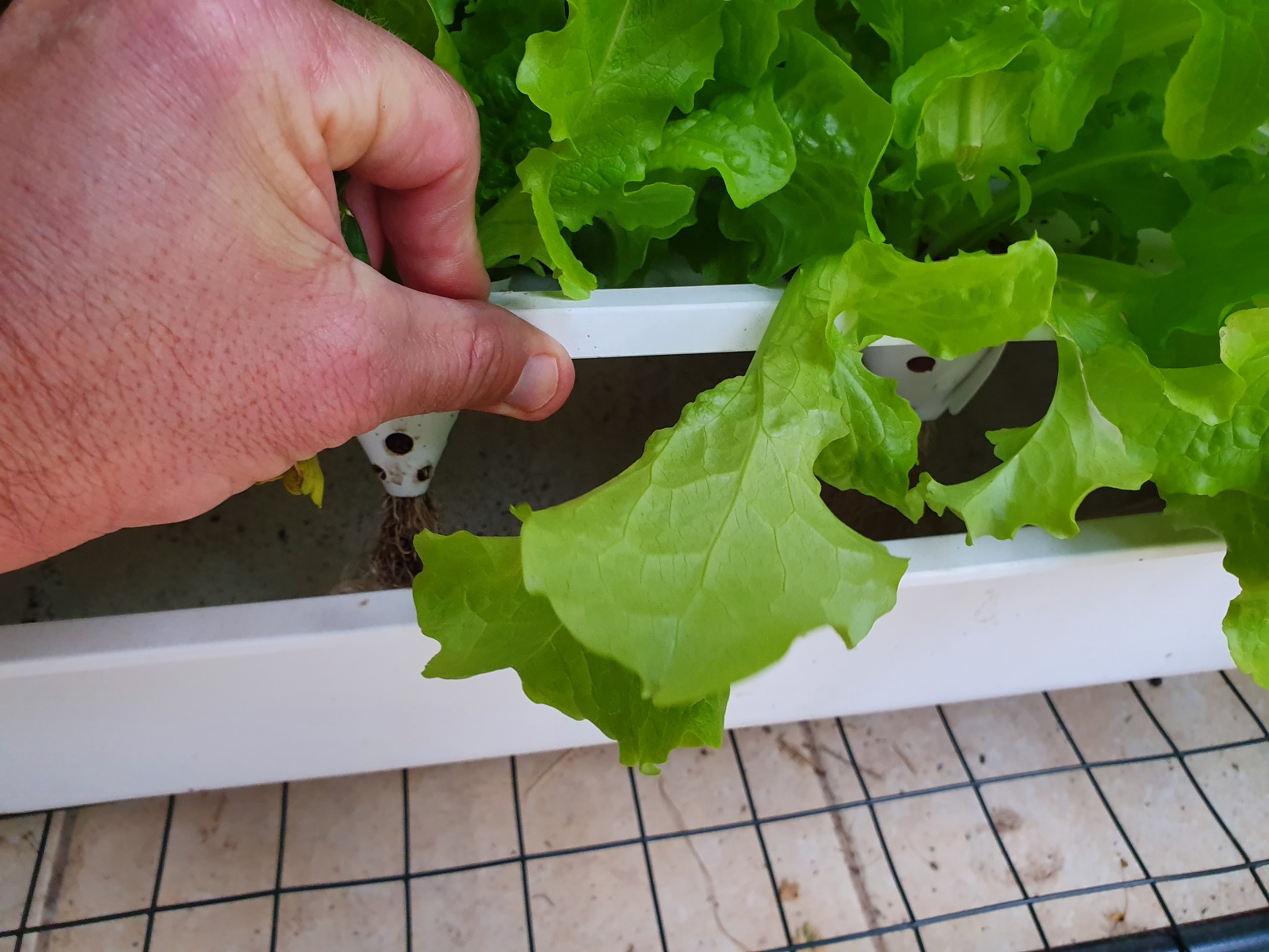Essential Nutrients for Hydroponic Plants are crucial for their optimal growth and development. Unlike soil-based gardening, hydroponics requires precise nutrient management to ensure plants receive the necessary elements. In this guide, we’ll delve into the essential nutrients, their functions, and how to maintain a balanced nutrient solution.
Understanding Essential Nutrients
Essential nutrients are substances that plants cannot synthesize themselves and must obtain from their environment. In hydroponics, these nutrients are provided through a nutrient solution. The primary macronutrients and micronutrients required for plant growth are:
Macronutrients:
- Nitrogen (N): Essential for chlorophyll production, promoting healthy green foliage.
- Phosphorus (P): Crucial for root development, flower and fruit production, and energy transfer.
- Potassium (K): Regulates water balance, aids in photosynthesis, and strengthens plant cell walls.
- Calcium (Ca): Essential for cell wall structure, nutrient uptake, and disease resistance.
- Magnesium (Mg): Involved in chlorophyll production and enzyme activation.
- Sulfur (S): Component of amino acids and proteins, essential for plant growth and development.
Micronutrients:
- Iron (Fe): Required for chlorophyll production and electron transport.
- Manganese (Mn): Involved in photosynthesis and enzyme activation.
- Boron (B): Essential for cell wall formation and pollen development.
- Zinc (Zn): Activates enzymes and plays a role in protein synthesis.
- Copper (Cu): Involved in photosynthesis and respiration.
- Molybdenum (Mo): Essential for nitrogen fixation and enzyme activity.
- Chlorine (Cl): Required for photosynthesis and water balance.
Maintaining a Balanced Nutrient Solution
To ensure optimal plant growth, it’s crucial to maintain a balanced nutrient solution. Here are some tips:
- Use a High-Quality Nutrient Solution: A well-formulated nutrient solution will provide the necessary balance of macronutrients and micronutrients.
- Monitor pH Levels: The pH level of the nutrient solution affects nutrient availability. Aim for a pH between 5.5 and 6.5.
- Test Nutrient Levels: Regularly test the nutrient solution to identify any deficiencies or excesses.
- Adjust Nutrient Levels as Needed: Adjust the nutrient solution to compensate for any imbalances.
- Avoid Nutrient Lockout: Excess nutrients can lead to nutrient lockout, where plants cannot absorb essential elements.
- Consider Nutrient Schedules: Some plants may require different nutrient levels at different stages of their life cycle.
By understanding the essential nutrients and maintaining a balanced nutrient solution, you can cultivate healthy and productive hydroponic plants. Remember, regular monitoring and adjustments are key to achieving optimal results.
